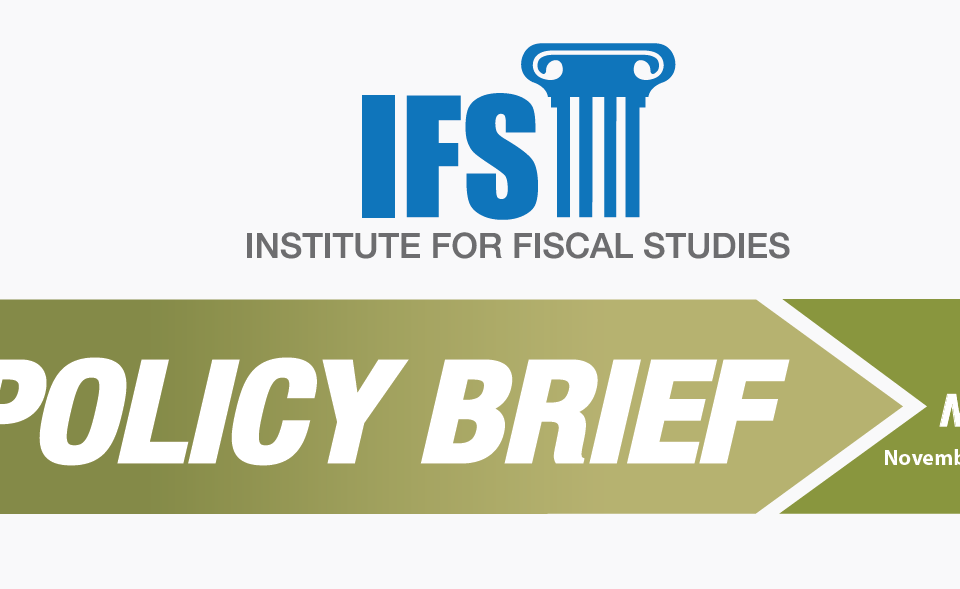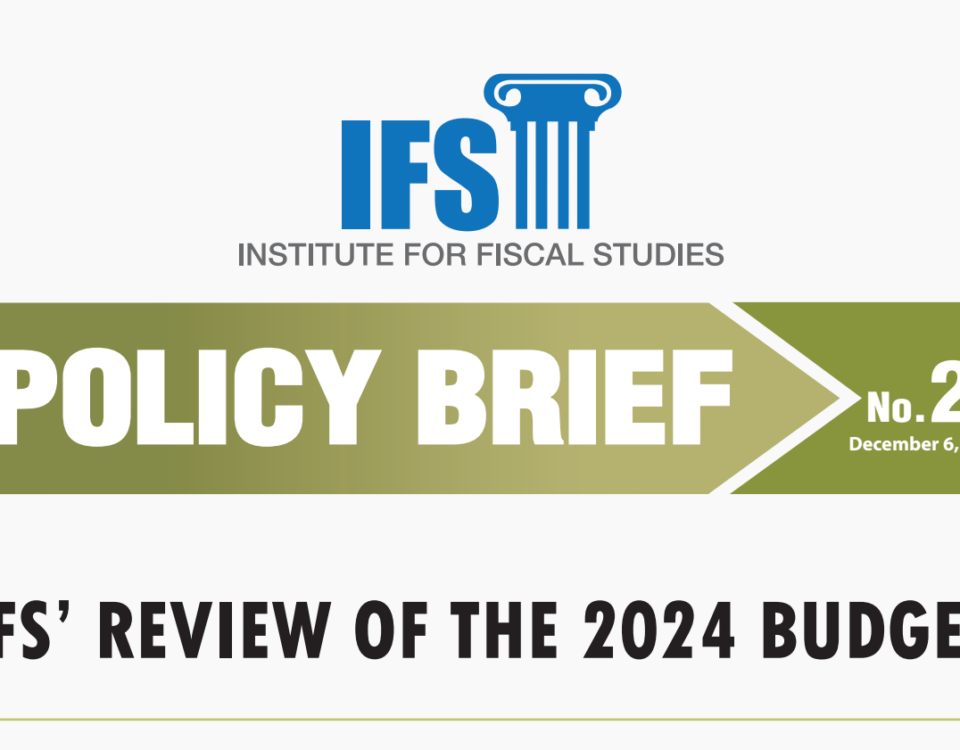November 22, 2019
On 13th November 2019, Finance Minister Ken Ofori-Atta presented the budget statement and economic policy of the government for the 2020 financial year. The statement contained a review of the macroeconomic performance in the first three quarters of 2019 as well as projected fiscal outturns for the whole year. It also outlined the macroeconomic policy direction and targets for 2020 and the medium term. Click here to read the full report.


